Looking for a new kind of treat for your dog? Cow ears may be just the trick!
Tasty, affordable, and chomp-tastic, cow ears are a great option for many dogs. In addition to being chock full of protein, cow ears are also rich in chondroitin — a joint-supporting compound that may help keep your dog pain-free and mobile.
But not all cow ears are created equal, and it pays to be a picky buyer. But don’t worry — we’ll explain everything you need to know when shopping for cow ears and share some of the best cow ears for dogs available on the market.
|
High-quality cow ears prepared without artificial additives. |
Budget-friendly cow ears with a thin cut dogs love. |
Thick-cut, natural South American cow ears baked in the USA. |
High-quality cow ears prepared without artificial additives.
Thick-cut, natural South American cow ears baked in the USA.
What Exactly Are Cow Ears?
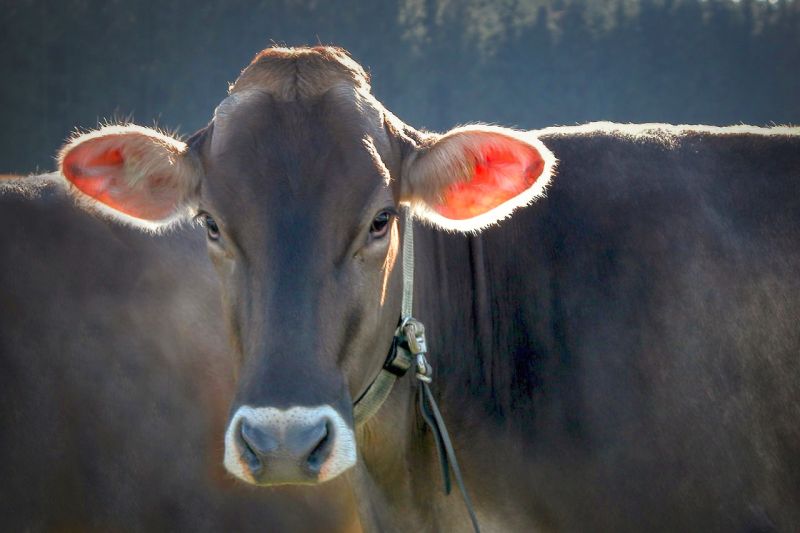
Cow ears are — wait for it — the ears of cows. They’re primarily comprised of cartilage, which helps distinguish them from rawhides (which are made of an animal’s hide).
Different manufacturers process cow ears slightly differently, but most follow the same basic steps. The ears are acquired when cattle are processed for use as food or leather. The hair is removed from the ears, and then they’re sterilized and dried.
Some manufacturers puff their cow ears up a bit for a different mouth feel, but other manufacturers skip this step. A few manufacturers also add flavoring agents to the ears.
They’re commonly seen as an alternative to pig ears, bully sticks, and beef esophagus. However, cow ears have a leg up on these other natural snacks: While these other types of treat are often greasy or stinky, cow ears are relatively dry and odor-free!
Best Cow Ears for Dogs: Our 7 Top Picks
Whether you’re interested in giving your dog cow ears for the first time or you are looking for different brands on the market, we’ve got you covered! Check out a few of our top picks for the best cow ears for dogs below!
1. Pawstruck Cow Ear Chews
High-quality cow ears that are prepared without artificial additives and available in varying quantities.
About: Pawstruck sells a number of high-quality, natural treats and chews, including cow ears (they also sell more exotic chews like bully sticks, knee cap bones, cow hooves, pig snouts, antler chews, beef tendon, and more)
Pawstruck’s Cow Ears For Dogs are made without any artificial additives, preservatives, or chemicals. They come in single quantities, as well as packs of 20, 50, 100, and even 200 (of course, the more you buy, the more you save)!
While pricing may change depending on availability and seasonal discounts, Pawstruck seems to be one of the more affordable options for cow ears that we’ve seen.
These cow ear chews are baked and dried in the oven to seal in the beefy flavor and to produce a crunchy texture pups go nuts for.
Pros
- We always prefer when edible products are made by established, high-quality manufacturers like Pawstruck
- Some of the most affordable cow ears available
- Resealable bag helps keep them fresh
- Most dogs appear to love them
Cons
- While some batches are made in the USA or Canada, others are made in Colombia
- Some owners complained of minor size discrepancy issues
Disclosure: Pawstruck offered to send us a bag of cow ears to try. It was Remy’s first time trying them, and he was definitely a fan!

2. jack & pup Cow Ears
Thin cut, 100% natural cow ears that are prepared at a USDA Human-Grade-Certified facility.
About: If your dog prefers thinner chews, check out these thin cow ears from jack & pup. These ears are processed in a USDA-certified, human-grade facility, so you can rest easy, knowing your doggo is getting the best.
As a bonus for human noses, jack & pack boils their cow ears to help cut back on the natural odor. These ears tend to have a softer texture than other varieties, making them great for light to moderate chewers.
Features:
- 8-inch long ears
- Processed in a USDA-certified, human-grade facility
- 15-count per package
- Boiling and drying process is designed to reduce odor
Pros
- These are some of the longest cow ear treats available
- Light and moderate chewers love how thin these ears are
- Many owners reported that the ears were, in fact, easier on their nose than some others
Cons
- These ears are sliced thin, so they won’t last very long for power chewers
- Some pet parents didn’t care for their dog’s breath after eating these ears
3. Amazing Dog Treats Cow Ears
About: Does your dog prefer some variety? Perhaps it makes the most sense to pick up these cow ears by Amazing Dog Teats.
These ears come in flavors ranging from peanut butter to bacon and cheese to meet your pup’s preferences. And conveniently, these cow ears can be purchased in small or large quantities.
Features:
- Full-sized cow ears
- Perfect for moderate chewers
- Pack sizes ranging from 5- to 100-count
- Prepared in an FDA-registered facility
- Available in your choice of 5 different flavors
Pros
- Dogs like the thickness of these ears
- They’re made in an FDA-registered facility
- The variety of flavor options is perfect for picky pups
Cons
- Some owners felt they were a bit pricey based on the size of the ears
- A couple of pet parents didn’t like the associated odor
4. Redbarn Cow Ear Treats
About: Redbarn Cow Ear Treats are available from Chewy and are available in 1 or 10-count packs.
Redbarn Cow Ears are made without any added colors, flavors, preservatives, or chemicals. The ears originate from Canada, Turkey, Colombia, or the USA, depending on seasonal availability. However, all of Redbarn’s cow ears — no matter the place they originate — are tested at the brand’s Kansas-based quality assurance lab.
Because Redbarn Cow Ears are sold on Chewy, you can save big bucks if you sign up with auto-ship. This also promises a continuing source of tasty cow ears for your pooch to enjoy without you needing to run out to the store.
Pros
- We love that these cow ears are all tested at Redbarn’s US-based facility
- Most doggos seem to like them
- Several owners mentioned that they lasted longer than some other cow ears
Cons
- They appear to vary in size quite a bit
- A few owners found them a bit smelly
5.Best Bully Sticks Premium Cow Ears
Thick-cut, all-natural cow ears that are sourced from South American farms and baked in the USA.
About: Best Bully Sticks’ Cow Ears are another provider of cow ears chews for dogs, available in packs of 25, 50, or 75.
Like the other providers listed here, Best Bully Sticks’ cow ears are free of preservatives, chemicals, or additives. Plus, no flavoring or smoking agents are added either.
These cow ears are sourced from free-range, grass-fed Brazilian beef.
Pros
- Owners love that they’re baked in the USA
- Most dogs seem to love the taste and texture
- Because they’re thick-cut, they tend to last a little longer than some other cow ears
Cons
- Odor complaints seemed to be more common with these ears than most others
- Consistency complaints were common
Lamb ears are a great alternative to cow ears that work great for tiny puppies and petite breeds. Since they’re smaller, you shouldn’t keep them around larger dogs, as they can be choking hazards, but they’re the perfect size for small-but-mighty breeds.
6. Brutus & Barnaby Full Cow Ears
Thick-cut, unbleached cow ears produced from free-range, grass-fed cattle.
About: Are you seeking a thicker chew to challenge your canine? These cow ears from BRUTUS & BARNABY are a great long-lasting chew for large or power-chewing pooches.
Brutus & Barnaby’s ears are minimally processed to give your dog full flavor and a longer chewing experience. These ears are recommended for dogs 30 pounds and up, but you can also purchase BRUTUS & BARNABY’s Cow Ear Slivers if you have a smaller canine companion.
Features:
- Long-lasting cow ears
- Designed to have a low odor
- Perfectly sized for medium to large-sized dogs
- Choose between 12- or 30-count packages
Pros
- Thicker ears last longer than thin ones
- Most dogs appeared to love the taste
- Pet parents reported little to no smell associated with these cow ears
Cons
- The package bag doesn’t reseal
- Thick ears are difficult to break apart for small puppers
7. Bully Stick Central Hairy Cow Ears
An all-natural cow ear (hair and all!) that dogs love to gnaw away on.
About: Stick to the basics with Bully Stick Central’s Hairy Cow Ears, dehydrated chews made with all-natural cow ears with hair still intact. Not treated with chemicals or bleach, these hairy ears are processed at high temperatures to remove pathogens but still retain a taste and smell dogs love.
Features:
- Withstand more chewing than standard, hairless cow ear options
- Each chew measures 4 to 5 inches in length
- Offered in packs of 5
- Ethically sourced from grass-fed, free-range cattle raised on U.S. and Argentinian farms
Pros
- Dehydrated texture and taste are hits with most canines
- Packs of 5 keep plenty on hand and offer value
- Good fit for gentle to moderate chewers
Cons
- Hairy nature not a favorite of every dog
- Appearance is a tad unsettling to some humans
- Small can be off-putting to pup parents
Cow ears not exactly what you’re looking for? Check out beef cheek rolls!
Pros & Cons of Cow Ears
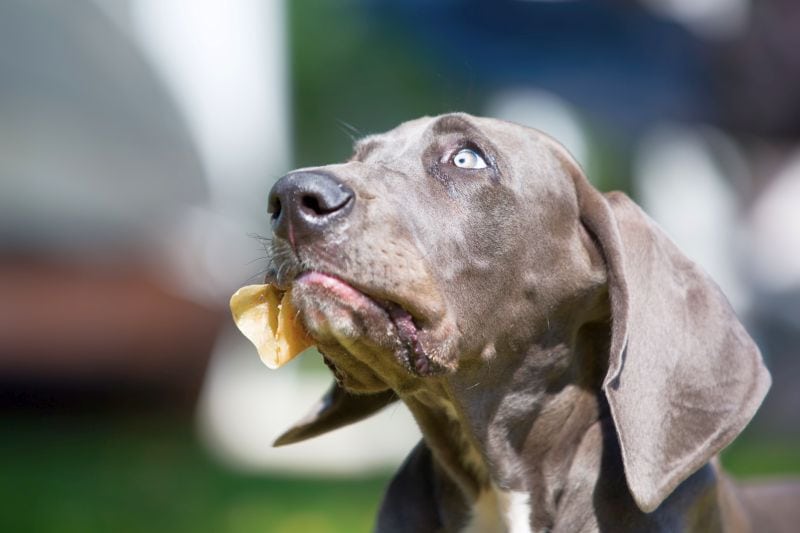
While there are a variety of great dog chews on the market, there are definitely big benefits to cow ears over other chew options.
PROS
- They’re easy to digest — your dog can eat them, no problem.
- They’re a great form of mental enrichment to switch up your pup’s routine or everyday chew selection.
- They may help support your dog’s dental health. As your dog chews cow ears, they may help scrape plaque and tartar from your dog’s chompers and keep his teeth clean.
- Cow ears are a great rawhide alternative.
- They’re low in fat (especially compared to alternatives like pig ears)
- They don’t stink as much as other chews (e.g. pig ears, bully sticks, etc.)
- Cow ears probably won’t break your dog’s teeth.
- They’re relatively affordable, especially when ordered in bulk online (most cow ears are $1 to $2 each, and they cost even less when ordered in bulk).
- They’re not as messy or as greasy as some other chews (and because of less grease, they’re less likely to cause stomach issues).
- Cow ears chews are a natural source of chondroitin, which helps to support joint function.
- Most contain no artificial ingredients.
CONS
- When the pieces get small, cow ears can become a choking hazard. So, you’ll want to monitor your dog and take them away when they become small.
- Some owners report runny stools after giving their dogs cow ears, but this varies for different owners — some dogs are totally fine.
- There is still some grease involved, so be careful where your dog enjoys the cow ear to avoid staining carpets or furniture.
Cow Ears vs Chew Alternatives

There are many types of dog-friendly chews available made from animal parts. So how do cow ears stack up against popular alternatives? We’ll discuss!
Cow Ears vs Pig Ears: What’s The Difference?
Cow ear and pig ear dog chews are both popular dog treats that are similar in many ways. They form a relatively similar shape (both are ears, after all), and both are considered natural chews that come from animals. For that matter, they are both a type of long-lasting chew.
Major differences mostly concern the level of fat (cow ears are lower in fat than pig ears) and the amount of grease and smelliness. Cow ears tend to be less greasy and less odorous than pig ears.
Many owners also feel more comfortable giving their dogs cow ears over pig ears after the huge nationwide pig ear recall that occurred in July 2019 due to a large salmonella outbreak.
Cow Ears vs Rawhide: Which is Safer?
Cow ears are generally considered a better alternative to rawhide and other long-lasting chews because they are easier for your dog to digest and don’t tend to be as tough.
Because rawhides are harder and tougher than cow ears, they are also more likely to cause broken teeth and mouth damage.
Cow Ear FAQ: All Your Cow Ear Questions Answered!

Still have questions about finding the best cow ears for dogs? Not sure what to expect from your first cow ear order? We’ve got you covered!
How Long Does it Take a Dog to Eat a Cow Ear?
While all dogs are individuals to some extent, the average chew time for a cow ear is approximately 30 minutes or so, depending on how heavy of a chomper your dog is. However, some dogs may spend several hours gnawing at a good cow ear.
How Are Cow Ears Made and Processed?
Cow ears are generally first de-haired, then frozen for transport at a plant in the US. From there, they are thawed and dipped in a mixture to disinfect the ears and eliminate bacteria (ex. sodium hypochlorite). Finally, the ears are dried and packaged.
Unfortunately, there are no regulations regarding cow ear manufacturing, so exact processing can vary. Since cow ears and other similar dog chews are not considered “food”, they require no oversight from the FDA.
Because there’s also no legal definition of the term “all-natural”, a manufacturer can label their cow ears as “all-natural”, even if it’s been dunked in chemicals during processing.
As Whole Dog Journal notes:
The company isn’t breaking any rules or laws; it’s perfectly legal for a manufacturer to list the ingredients of a rawhide chew as “100% cowhide,” even if the hide was washed in formaldehyde and whitened with titanium dioxide.
While this can sound quite horrific, it’s worth noting that all products that come from animals need to be treated or processed in some manner to prevent spoiling.
Your goal as a pet parent should simply be to find products that use a minimal amount of preservative chemicals while still remaining free of dangerous bacteria.
Naturally, this is a very difficult endeavor because – as we noted earlier – there’s no oversight for such chews. Ultimately, your best bet will be to look at the reputation of the manufacturer and make your best judgment call.
It’s also best to opt for cow ears sourced from US cattle since they are less likely to be injected with hormones, antibiotics, and pesticides. Even though there are no official regulations regarding cow ears themselves, US cattle farmers are regulated and inspected more strictly than in many other countries.
The exception to that would be Brazil and Argentina, with wide grazing lands and large amounts of cattle that are free-range and grass-fed. Many believe that these cattle actually contain fewer chemicals than US cattle, so they’re a pretty safe bet.
How Often Can Dogs Have Cow Ears?
It really depends on the dog and if your pooch’s stomach can handle the cow ear. Some owners give their dogs cow ears every other day or so, while others reserve them as a special treat only given as a high-value reward or to distract a dog from visitors, thunderstorms, etc.
Are Cow Ears Safe For Dogs?
Yes, cow ears are safe for dogs to enjoy (generally) – especially compared to alternatives like antlers, bones, and rawhides. They are completely edible, fully-digestible, and cow ears are soft enough that they don’t have the potential to break your dog’s teeth.
However, as with most dog chews, there are some potential hazards. Once your dog has been at the cow ear for a while, it will become small enough to become a choking hazard.
Cow ears also have the potential to splinter when your dog bites into them, which could result in your dog hurting his mouth on the ear. For these reasons, we don’t recommend giving dog’s cow ears unattended and suggest removing the cow ear once it’s reached a smaller size or if it splinters.
It’s also recommended to provide your dog with plenty of water to help them digest those cow ears.
It is worth noting that there are no regulations of animal ears or rawhides, so there is always some inherent danger due to lack of regulation and truly knowing the origin of these chews.
Want to try something similar but different? Lamb ears are an option too!
Have you ever given your dog a cow ear chew? How did it go? Share your story in the comments!
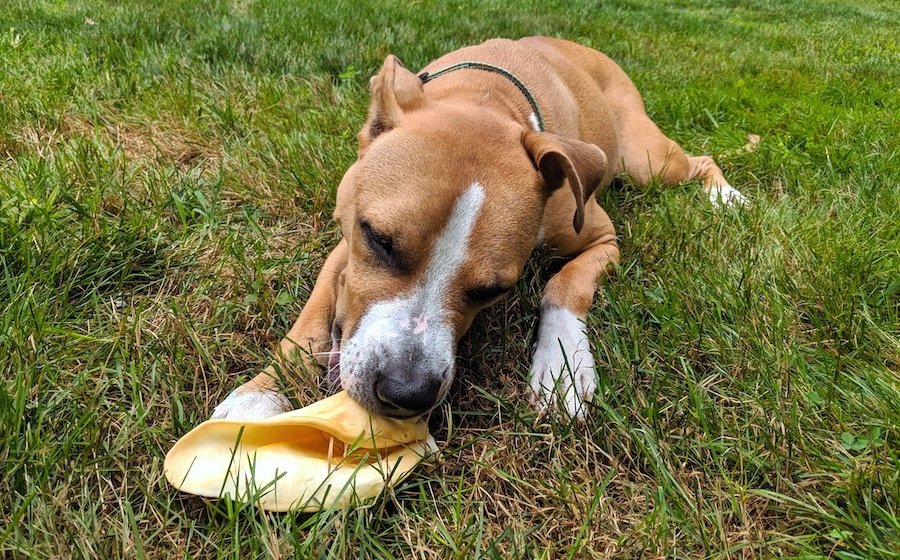




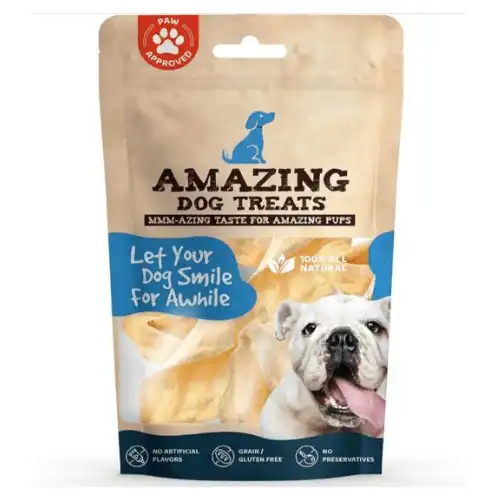
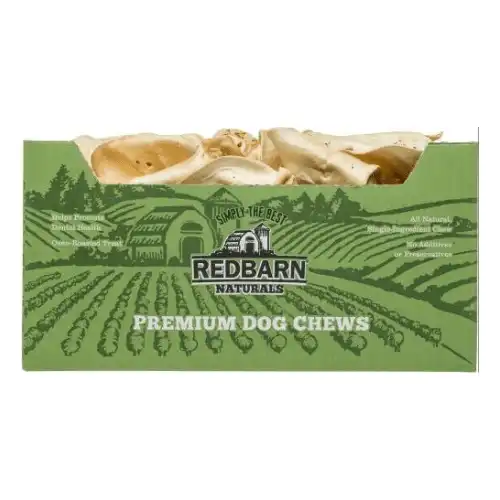
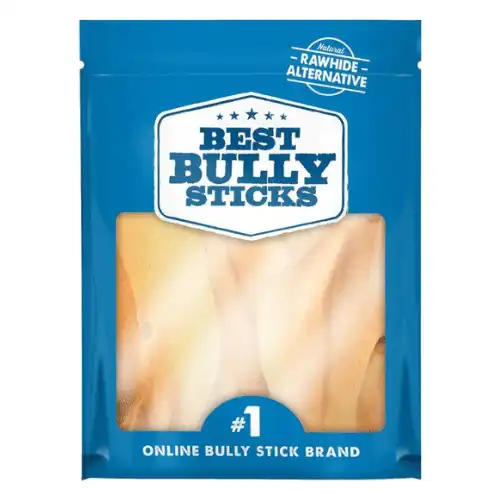



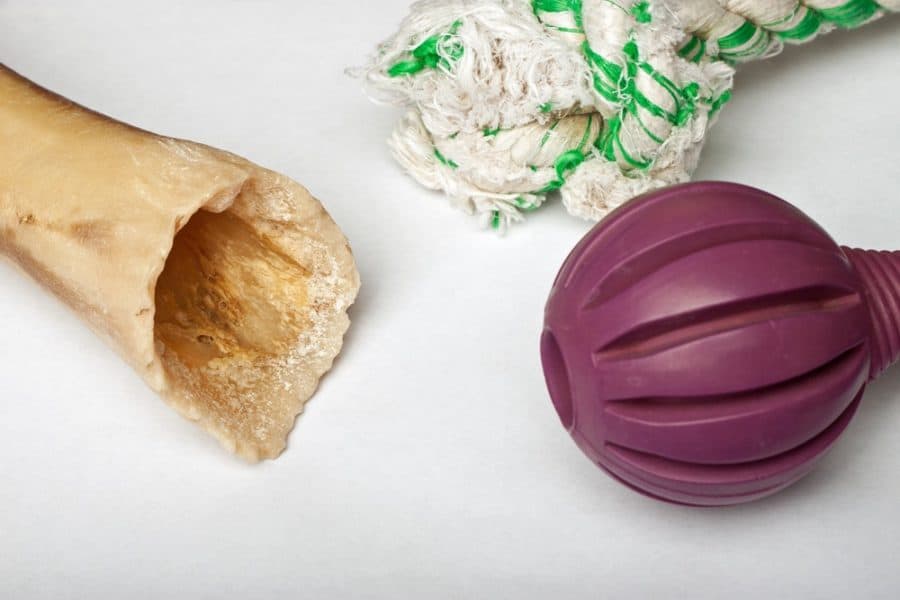


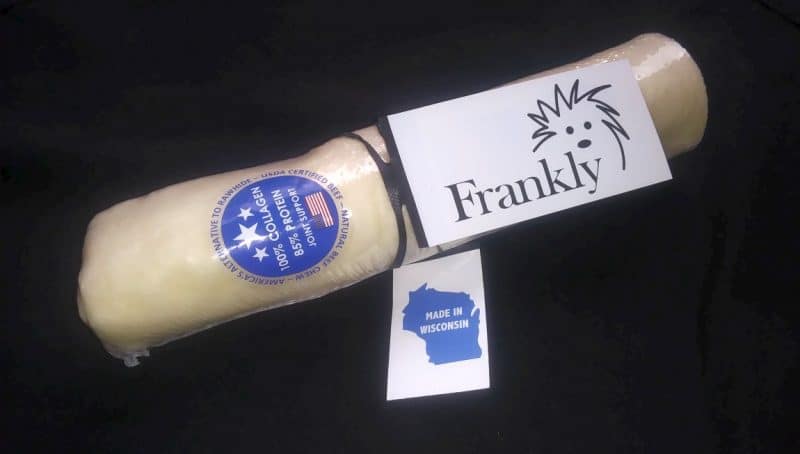
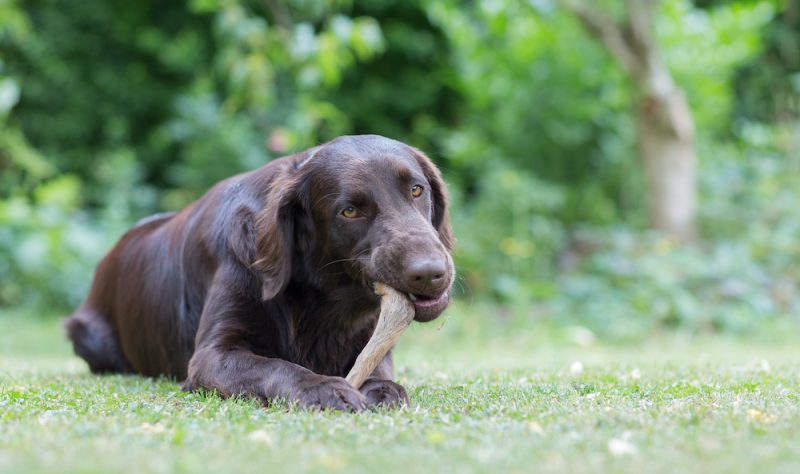
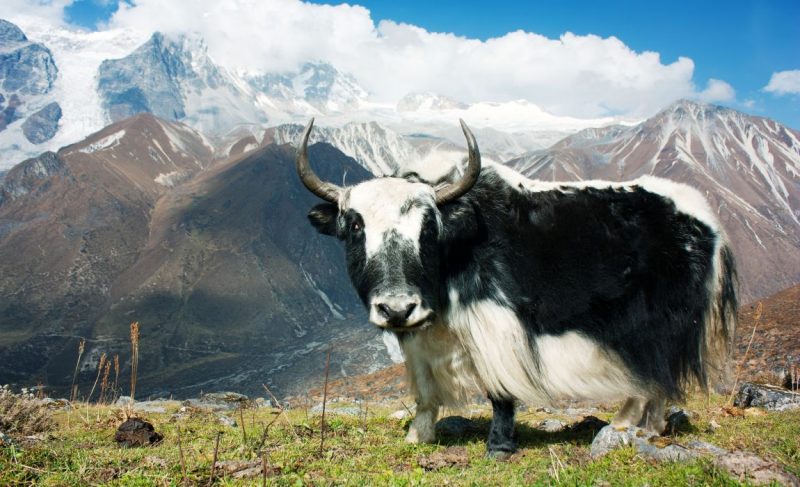
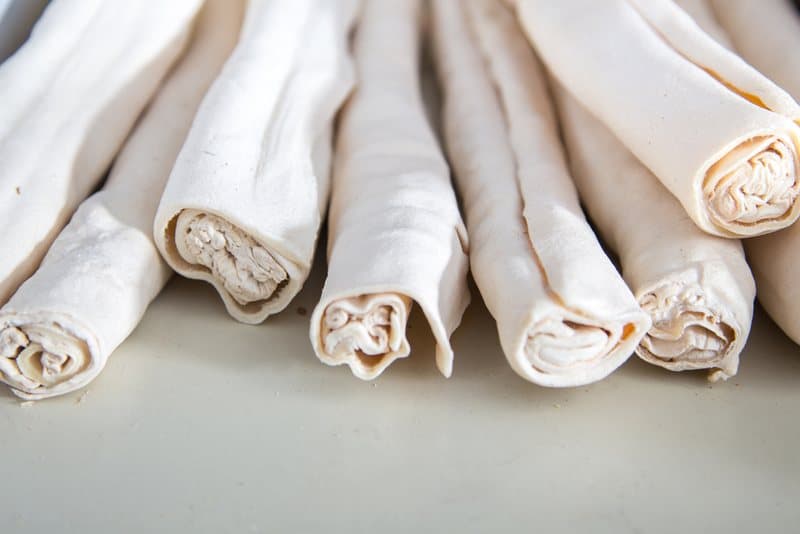
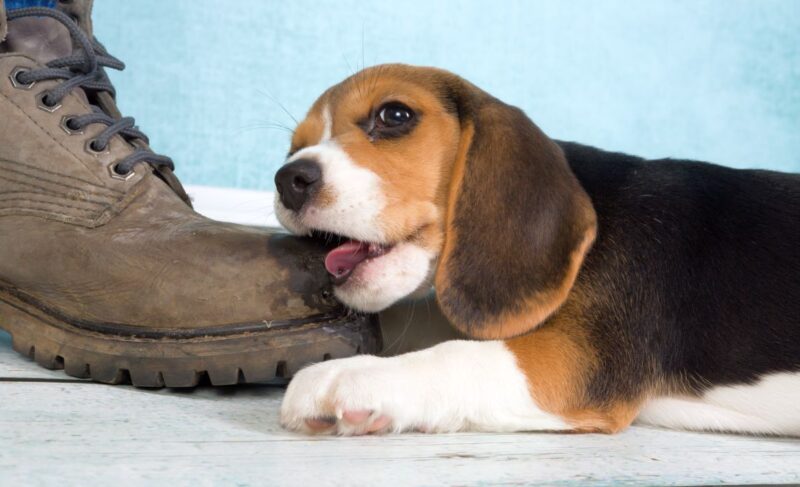
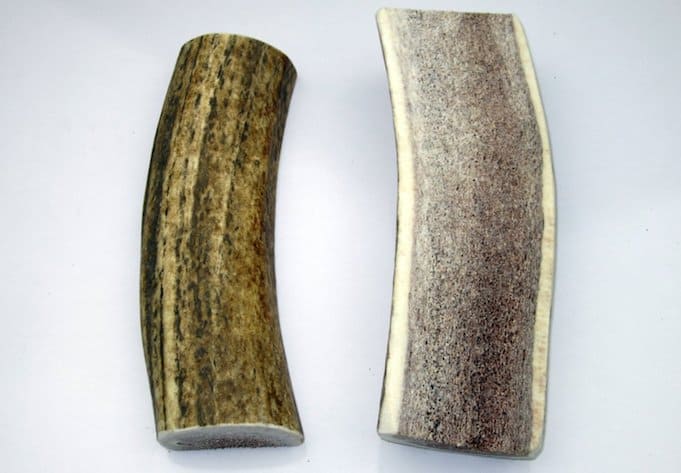
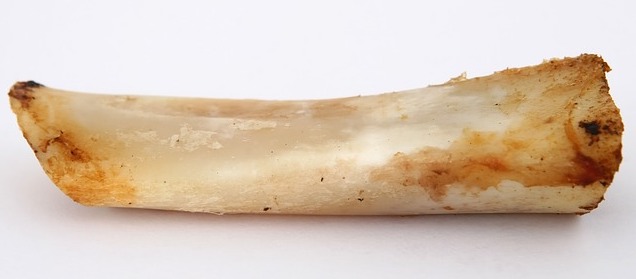

Leave a Comment